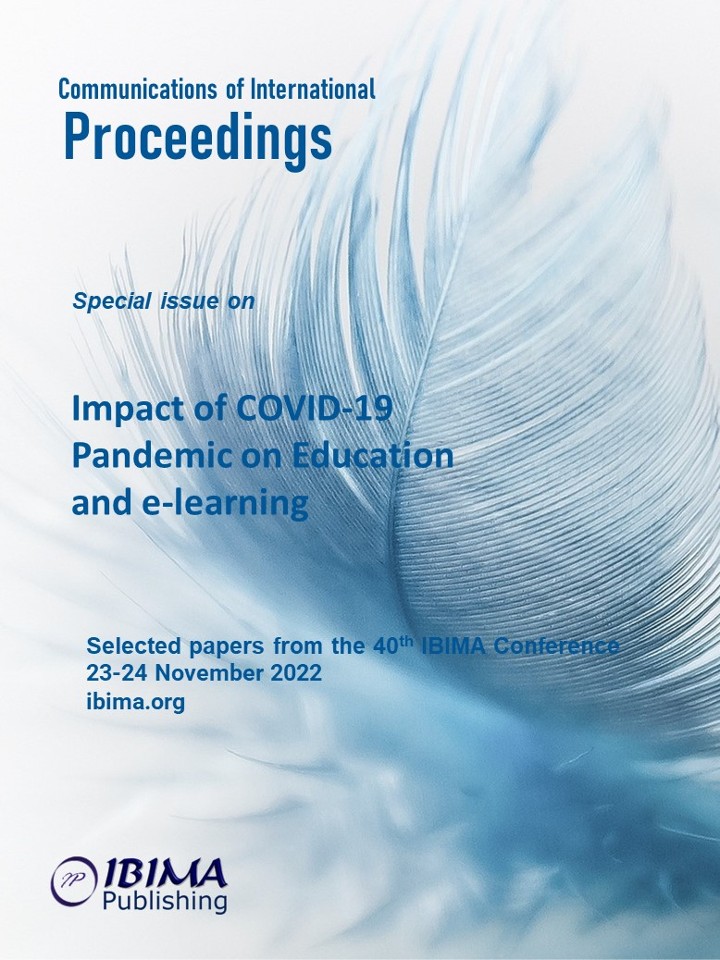
Monica-Ariana SIM and Anamaria – Mirabela Pop
University of Oradea, Oradea, Romania,

2020 was the year that faced the COVID-19, a pandemic was declared, and it has changed education forever. It has resulted in many unusual but necessary actions and measures taken by governments, among them, the shutting of all education institutions across the world. Globally, over 1.2 billion children have been out of the classroom. Consequently, distance learning, which had been progressing in developed countries and staggering in developing countries, got notorious becoming the most used means for practically everything – the world turned online.
The Faculty of Economics (FSE), University of Oradea, like all higher education institutions in Romania and worldwide, had to adjust and provide distance-learning opportunities to enable students to finish the 2019–2020 academic year. Unfortunately, the situation was prolonged for the new academic year 2020-2021, and The University of Oradea we are still providing online education exclusively. Consequently, the present paper aims at collecting data on how the turn to distance learning impacted undergraduate and graduate students enrolled at The Faculty of Economics, Oradea. The goal was to identify student academic challenges, to underline the benefits of distance learning, and to use that information to improve practices that can be implemented to perfect the online university education. The study reveals that online learning has undergone a continuous process to increase the quality of the educational process, absorb the information, be student oriented and take less time.